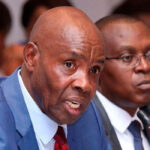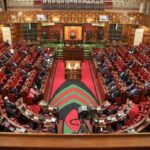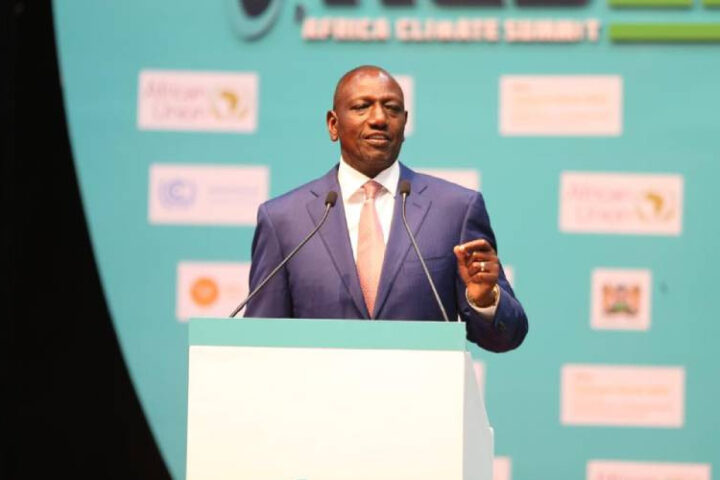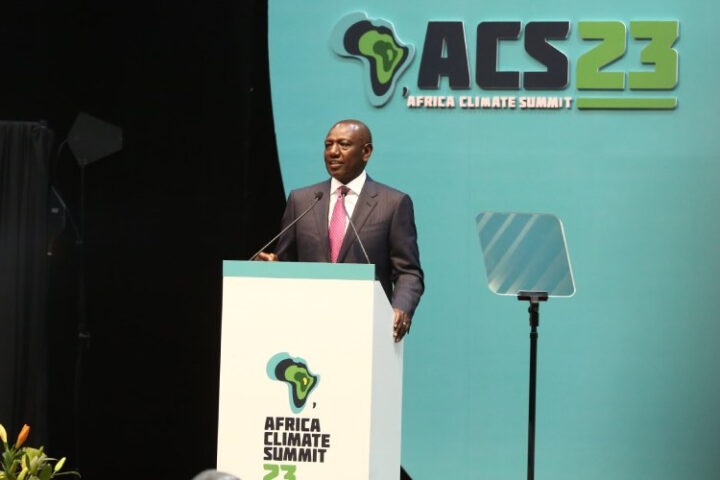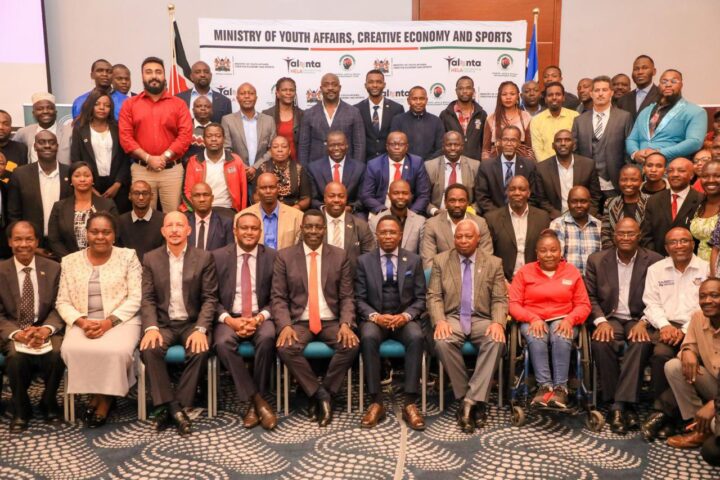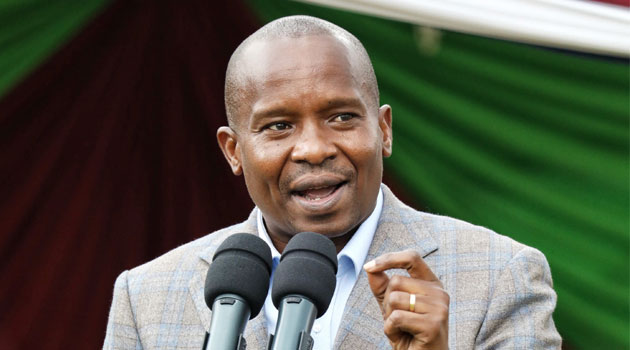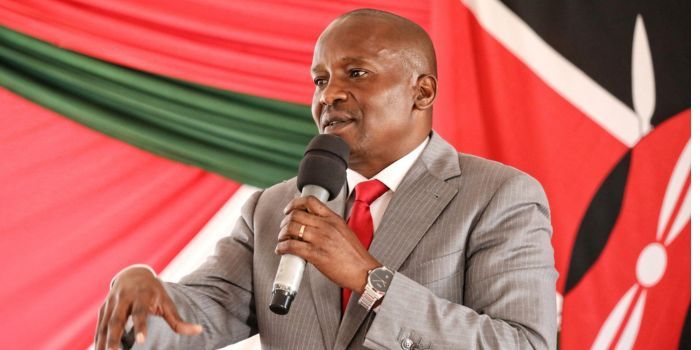A pro-climate lobbying organization has urged African leaders to seize the opportunity provided by the current Africa Climate Summit to advance legislation that will help the continent’s economy become more resilient and it’s commerce more balanced.
The summit presents an ideal opportunity for all stakeholders to get around the table and talk about African climate solutions, according to the lobby group operating under the banner of ONE Campaign.
A framework for the Global Goal on Adaptation that is needs-based, includes targets and/or indicators, and removes barriers through multilateral development banks will be committed to by donor governments as part of balanced trade, according to Serah Makka, the group’s Director for Africa. Donor governments will also fulfill their commitment to double adaptation finance.
“The key to unlocking the untapped potential of this continent is not handouts or second-hand solutions from rich nations. It’s removing the barriers that are standing in our way,” said Makka.
She claimed that African nations had the capabilities, skill, and renewable resources to drive their own development and lead global initiatives to combat climate change, poverty, and inequality.
She questioned why a dysfunctional global financial system, which denies them access to the affordable financing required to realize this promise, is impeding the continent’s progress.
“No country must choose between improving the lives of their people and protecting the planet. If the rest of the world truly gets behind Africa they can help unleash a green economic revolution that will drive growth and prosperity across the continent and help the whole world to rise to the biggest shared challenges we face,” she said.
The lobbying group asserted that in discussions on the pressing climate crisis, stakeholders must be reminded that immediate action is necessary to minimize extreme effects before the anticipated Nairobi Climate Declarations.
The Africa Climate Summit, with its theme of “Driving Green Growth and Climate Finance Solutions for Africa and the World,” will also give African leaders a stage on which to refute stereotypes and perceptions of Africa as a perpetually docile recipient and demonstrate the continent’s power and capacity to take the initiative in the fight against climate change and the destruction of nature.
According to Makka, African countries are among the most susceptible to the consequences of climate change and have valuable natural resources that might contribute to global climate solutions.
Despite this, compared to other regions, Africa receives a disproportionately tiny amount of global climate finance.
She claims that by 2050, Africa will need to spend $50 billion annually on climate adaptation, despite having the highest potential for renewable energy in the world.
However, just 3% of the world’s investments in clean energy and 19.5 billion dollars in overall climate money are currently directed to Africa.
“ONE is therefore calling on all leaders to use the Summit as a tool to elevate the following policy changes to start the journey in building a more balanced trade and more resilient African economy,” she said.
According to Makka, World Bank shareholders and donor nations should pledge to triple IBRD and IDA grants and loans, which could provide an additional $1.2 trillion in funding by 2030.
Josefa Leonel Correia Sacko, the Africa Union Commissioner in charge of Agriculture, Blue Economy, and Sustainable Environment, echoed her sentiments when she said that even though Africa produces the fewest greenhouse gas emissions globally (3.8%), it is the region most at risk from the effects of climate change.
Ahead of COP28, he stated that Africa must engage in negotiations from a viewpoint of solutions rather than a victim one. We must cooperate as a continent. We have all the tools necessary to lessen the effects of climate change.
According to Sacko, the Paris Agreement’s commitment by development partners to invest $100 billion in addressing Africa’s climate concerns must be kept.






